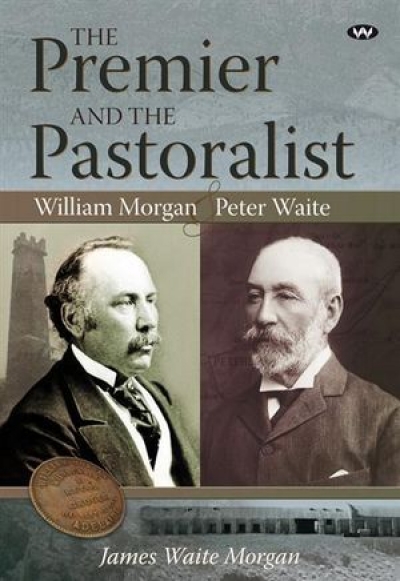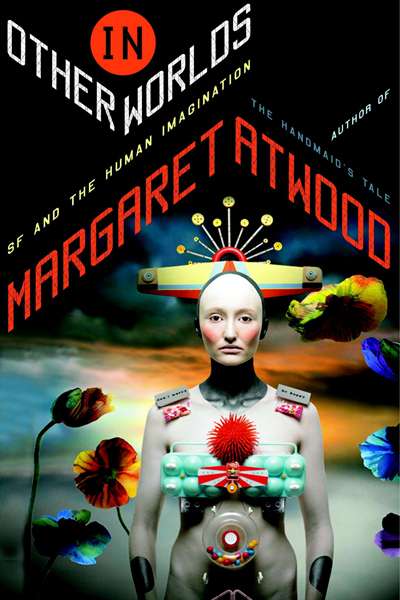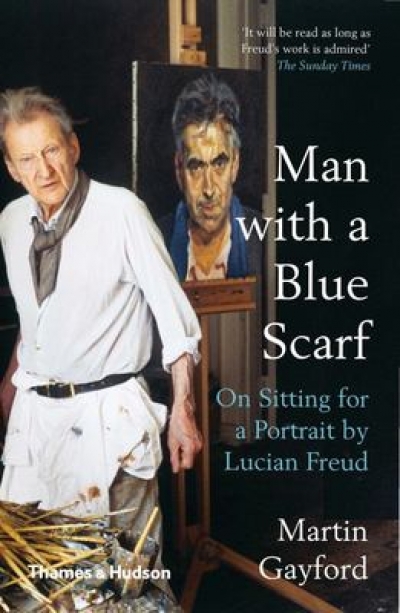Non Fiction
I first discovered Australian literature in Argentina. While I was there studying Argentinian literature at the University of Buenos Aires in 2009–10, I spent many nights hunched over the table in our dingy kitchen with one of my housemates, Teresa. We would pick over the politically infused vernacular of the short stories ...
... (read more)Simon Leys is the pen name of the distinguished academic Pierre Ryckmans, who came to notice, first as a sinologist, then as a critic and author. The essays in this collection, composed over more than three decades during which Ryckmans held appointments at the Australian National University and the University of Sydney, cover a wide range of subjects ...
... (read more)Henry Reynolds is the pre-eminent historian of Aboriginal–settler relations in Australia, and with this theme he begins his history of Tasmania. He eschews the obligatory set piece description of Aboriginal society before the Europeans arrived, with which so many books now awkwardly commence ...
... (read more)Bernard Whimpress reviews 'The Premier and the Pastoralist: William Morgan and Peter Waite' by James Waite
Family histories have their limitations. One compensation is to discover famous or infamous ancestors. In most Australian states, disinterring a convict becomes a badge of honour. In South Australia, having a nineteenth-century premier and a noted pastoralist in one’s lineage advances a claim to fame ...
... (read more)In Other Worlds: SF and the Human Imagination by Margaret Atwood
As contemporary author fan bases go, Margaret Atwood’s must be among the broadest. She is read at crèches, on university campuses, and in nursing homes. Feminists, birders, and would-be writers jostle to see her perform at literary festivals. Yet despite an Arthur C. Clarke Award and, in her own words ...
... (read more)Brett Whiteley: A sensual line 1957–67 by Kathie Sutherland
What to do with Whiteley? Forget the gutsy audacity and visual energy; in Bernard Smith’s estimation he was ‘egocentric, pseudo-profound and self-pitying’ (Australian Painting 1788–2000). Smith could not abide Whiteley’s ‘incapacity for detachment’; his cult of personality, poured into every last crevice of his work. With the hegemony of the social and theoretical construction of art, the actual person of the artist has been an increasing problem for art critics. Whiteley’s work, driven by personality and fuelled by sensation, is easily viewed as a romantic indulgence.
... (read more)Man with a Blue Scarf: On sitting for a portrait by Martin Gayford
‘I kept thinking: if his face looks like this, what must his balls look like?’ David Hockney’s assessment of the craggy countenance of W.H. Auden is clipped and convenient, but I suspect Auden would have been far more interesting on the subject of sitting for Hockney. Given the concentration and quality of the encounters between English portrait painters or sculptors and their subjects, it is slightly odd that more writers have not published accounts of the experience of sitting for their portrait.
... (read more)The Donald Friend Diaries: Chronicles & Confessions of an Australian Artist edited by Ian Britain (foreword by Barry Humphries)
For some sixty years Donald Friend kept a diary, making his final entry just days before his death in 1989 at the age of seventy-four. The National Library of Australia published them in four massive volumes between 2001 and 2006. They were intractable. You needed an axe to cut through the stream of consciousness which flowed from an uncensoring pen ...
... (read more)Australian Historical Studies, Volume 41, Issue 2 edited by Richard Broome and Dianne Kirkby
Australian Historical Studies (AHS), which can be traced back to the 1940s, has developed into one of Australia’s leading social science journals. The standard of scholarship is consistently high, and the honour of having one’s article accepted in such an established and selective publication is keenly sought ...
... (read more)Into the Woods: The Battle for Tasmania’s Forests by Anna Krien
On the day that I finished reading Into the Woods, I opened the newspaper to a report that Gunns was withdrawing from native forest logging to base its future business entirely on plantation-grown timber. Given that Gunns controls almost eighty-five per cent of the wood products traded in Tasmania, this has raised hopes of an end to the decades-old forest w ...






